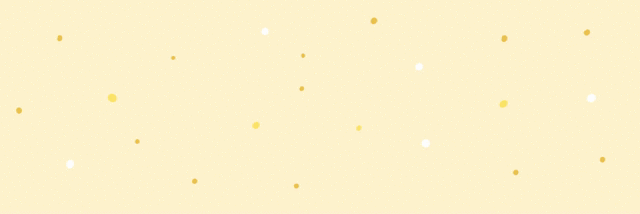Illustration by Isha Sanghvi (Instagram – sanhvisha)
“You don’t need to be loud in order to be heard”, I replied, when asked what I would want to say to my younger self.
This answer has stayed with me as an echoing truth for over a year now. It first became apparent to me during a festival I was attending in Dehradun, India. The answer made me think. It helped me reflect on and deepen my own relationship with having a voice.
It made me ask myself why having a voice was so important to me.
I grew up the youngest in an 8-person joint family. I am an only child. Similar to most other such institutions, mine had its fair share of ups and downs. Some days marked with chaos, noise, and disgruntled adults. Other days sailing on the back of a quiet and peaceful breeze. I was confident. Or at least that’s what it looked like to most from the outside in. Yet the closer you came, the more uncertainty you found.
Growing up surrounded by adults who not only physically tower above you, but also navigate space as if they knew more than you, can make you question your inner dialogue. It makes you wonder if your truth is the truth or if you were to concede to those who have walked this earth longer than you. It forces one to internalize a narrative that may not be theirs. A narrative in their environment, yet not theirs.
The adults in my life spoke up for me in an attempt to protect me and provide for me. They expressed my needs using their voices and words. Or at least what they thought were my needs. Because of this, very rarely did I get a chance to use my voice or my words. Very rarely did I get to speak my whole actual truth.
No voice, no expression, no power.
As I continued to explore and interact with the world, the importance of having a voice became even more apparent to me. During my time volunteering with children from under-resourced communities in Mumbai, I learned the complex correlation between the concepts of voice, oppression and power. Working with individuals with special needs helped me reframe my understanding of a ‘voice’ from a mere physical characteristic to a deeper idea of self-expression. Working with clients in personal therapy helped me see the effects of not having a voice on self-identity. I quickly learned that a ‘voice’ extended beyond a means of simple communication to something deeper, thereby validating my own personal experience.
When I was unable to verbally share my truth, I found my voice through creative expression. I wrote poetry that reflected my inner world, sang songs that vocalized my feelings, and created movements that made me feel seen and heard.
Having a voice is a privilege. Being able to use that voice is a luxury.
My intention is to use this blog as my voice in the field of dance/movement therapy, mental health, and the community at large. It is to use my voice for the things that matter. This blog is not only a space for my own self-expression. Moreover, it is a space where I wish to lend a voice to others. I hope to lend my voice and this space those who don’t share the same privilege or luxury as me.
“To have a voice is vulnerable — like sticking our necks out or wearing our hearts on our sleeves, and there is power in vulnerability. Having a voice allows us to express our most human experience and validate the most human experience of others.” – Linda Marks

